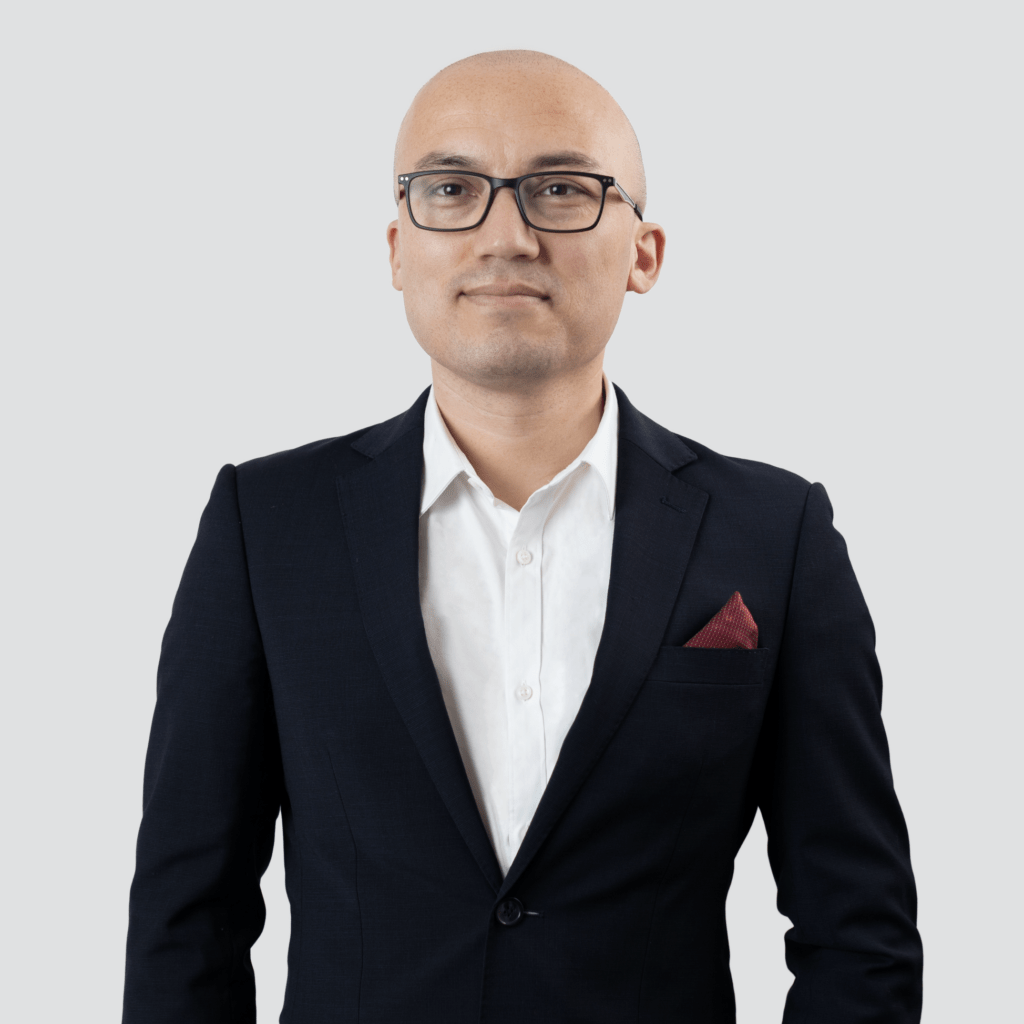I am humbled to be featured in the NAATI Practitioner Spotlight. I have always found it difficult to talk about myself, but I will give it a try.
I grew up in a border city in Pakistan that is home to a diverse range of cultures and languages. Many of my friends from the street were from different communities and spoke completely different languages at home. We all had to learn to communicate, often using a patchwork of words and phrases that was developed on the streets and made complete sense only to us. Speaking a second or third language was not only common but expected. This experience of living and growing up in the midst of a diverse community helped me appreciate the importance of speaking and understanding multiple languages.
I was fortunate to be raised in a family where reading, writing and learning were and are valued above all else. I was a teenager when I read the literary works of many classic authors including Homer and Tolstoy, as well as poetry by Khayyam, Rumi, Ghalib and Faiz. I had to frequently translate words, paragraphs and passages to understand what I had read. It helped me get into a lifelong habit of learning.
My interest in professional interpreting and translation began in high school in Australia. I often volunteered as a translator and interpreter for parents and community members. In addition to gaining some basic experience, it helped me gain an insight into the practical aspects of interpreting and translation. More importantly, it helped me gain the confidence to speak to complete strangers about almost anything.

I passed my first NAATI test when I was an undergraduate student. I began working as a Hazaragi interpreter immediately after the completion of my undergraduate degree. It was the start of a very interesting, enriching and educational experience. I later passed NAATI tests and became a Dari and Urdu interpreter. My role as an interpreter took me to places all across Australia and overseas. I worked in very challenging circumstances and highly unpredictable environments in places like Nauru and Manus Island. I interpreted for various government agencies, senior government officials, international organisations as well as vulnerable people from many social, cultural and religious backgrounds. I met many people and formed many long-lasting friendships. I learned a lot about myself and about the world.
When I later began working as a paralegal, I quickly realised that being an interpreter was important but not sufficient. I worked with asylum seekers and refugees from Iran, Afghanistan and Pakistan. It was important for my work to gain the necessary certifications in translation to better understand the clients, their stories and their issues. My life-long experience of reading, writing and translating in many languages came in very handy. I sat and passed the NAATI translations tests for Dari, Urdu and Persian.
In the subsequent years I have translated thousands of documents for various government and non-government agencies, community organisations and members of the public. I remain in constant contact with the members of Pakistani, Afghan and Iranian communities. My nominal role is that of a translator or interpreter, but I have come to realise that people often see me as a problem-solver, and the problem that I have to resolve is at once the easiest and the most complex of all problems – communication. This complexity and importance of reliable communication became very critical during the pandemic. My work and experience have made me humbler, a better listener, a better reader and a more understanding person. It has taught me the significance of going beyond merely listening and reading. It is important to understand people.
I am now a final year Juris Doctor student at Monash University. I have been working as a translator and interpreter throughout my studies in order to support myself. It has helped me earn a living, travel, get professional recognition, and make friends. I couldn’t have asked for more. I look forward to continuing this journey, meeting more people and helping them communicate, both verbally and in writing. It is a privilege.
Hadi Zaher is a NAATI Certified Translator in Persian, Dari & Urdu and a Certified Provisional Interpreter in Hazaragi, Dari & Urdu. He is currently a final year Juris Doctor student.
